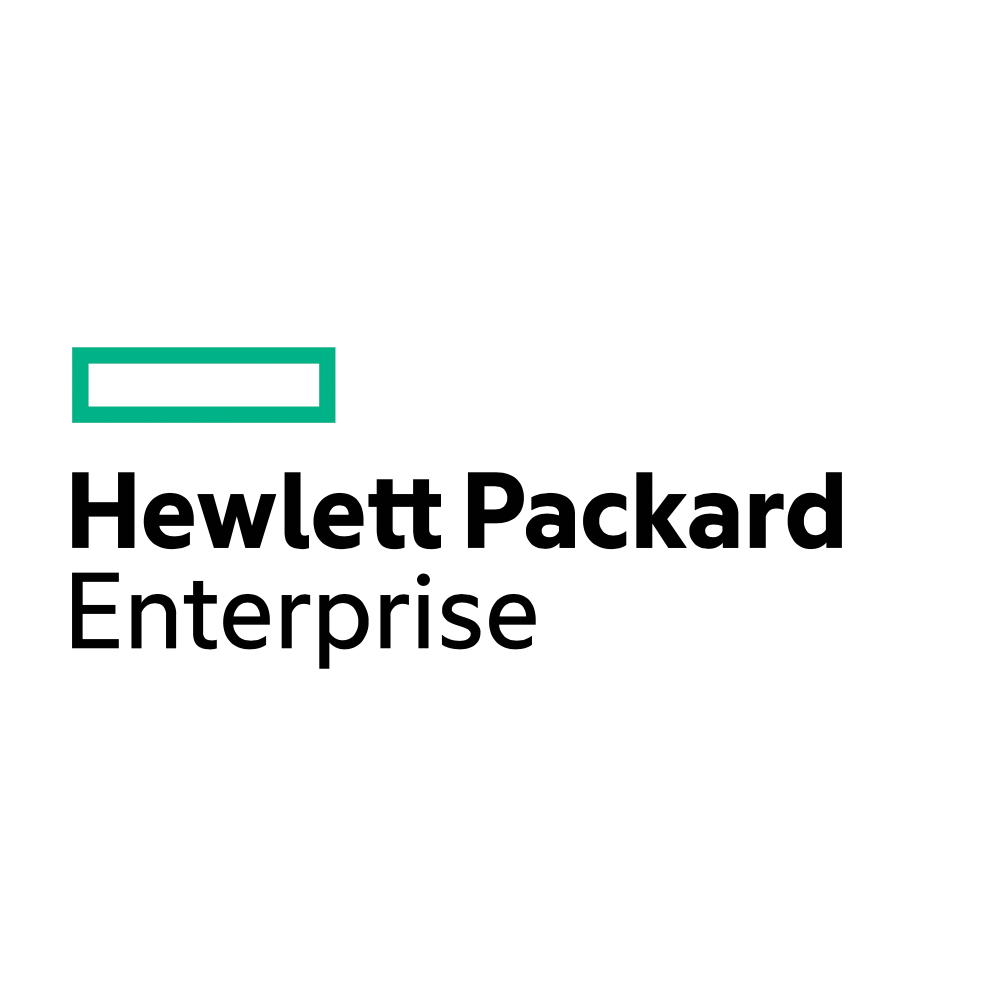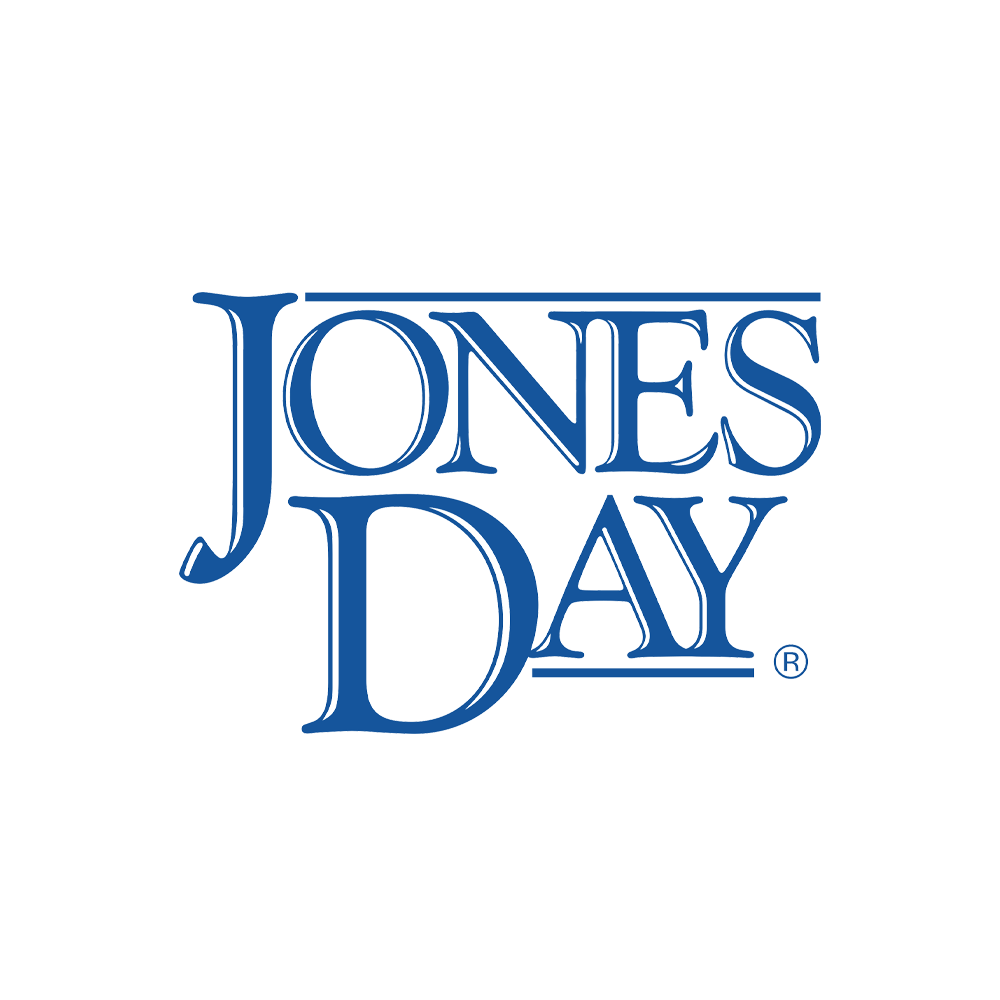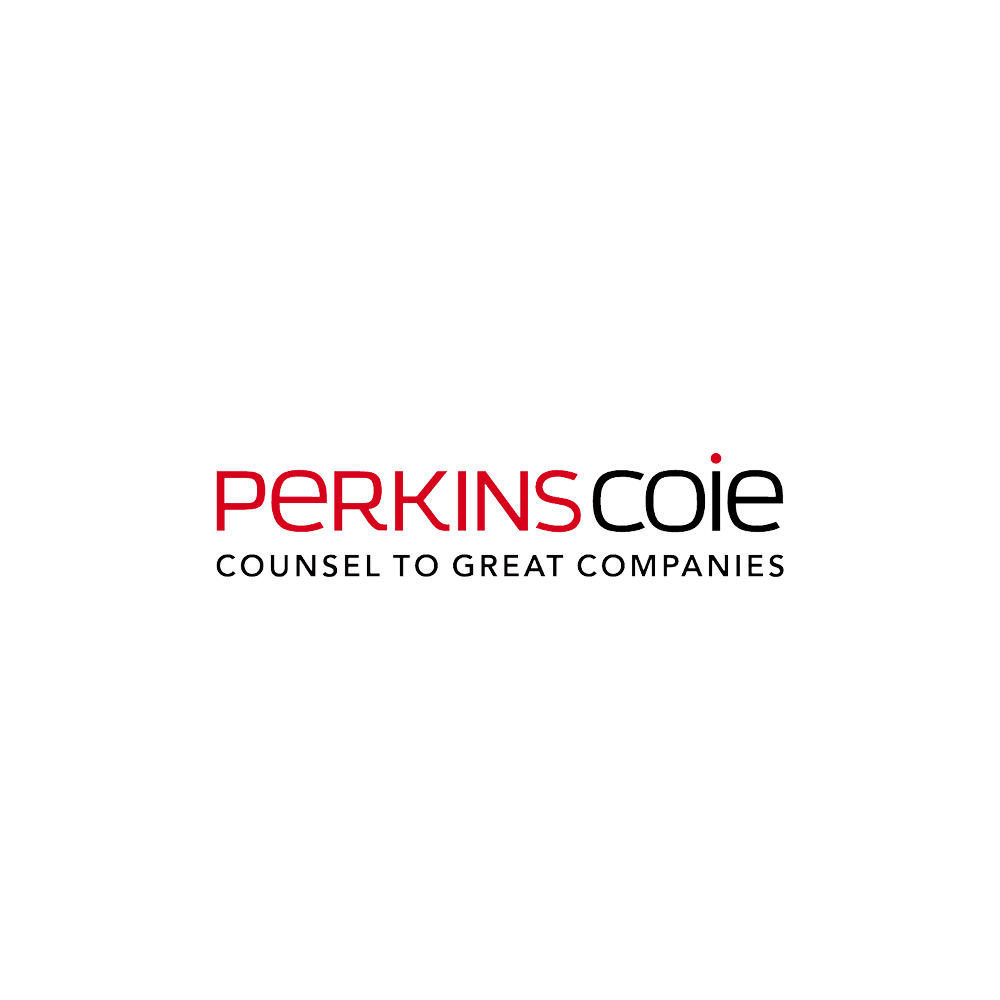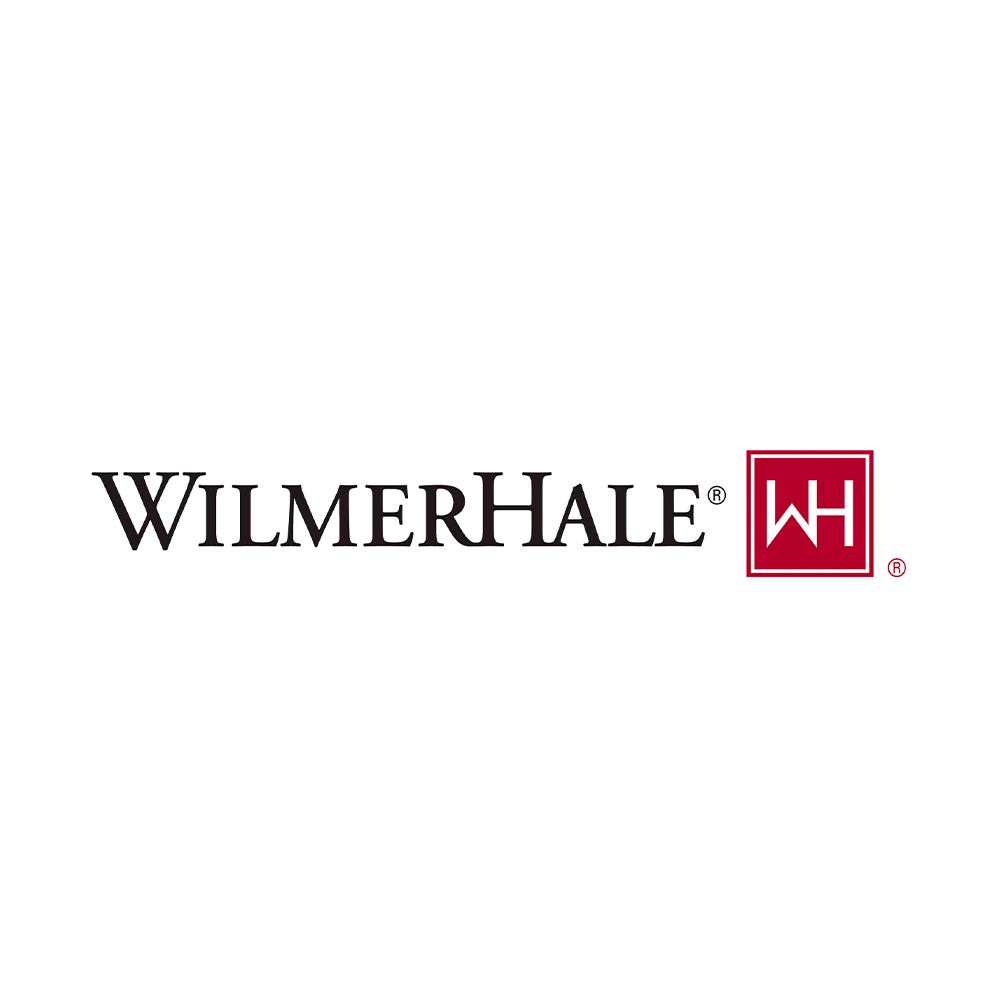
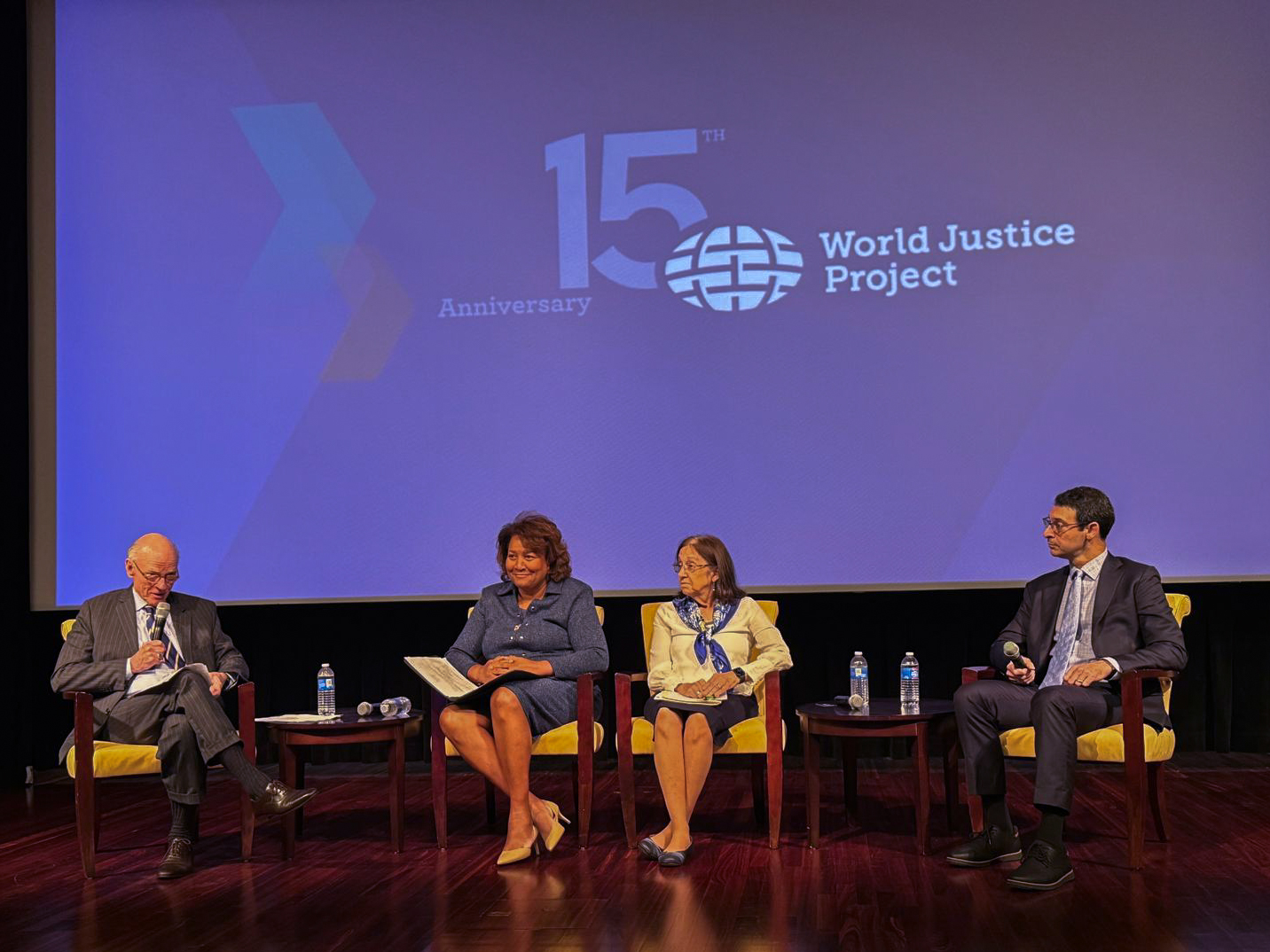
“What worries you most about the future?”
On stage with other business and legal leaders at the U.S. National Archives, World Justice Project (WJP) Co-founder and CEO William H. Neukom posed this question to an audience gathered to celebrate WJP’s 15th anniversary and the rule of law.
“Then ask yourself,” he continued, after mentioning climate change, the next global pandemic, and invidious discrimination as just three potential examples, “what form of government–what kind of a community–is most likely to deal with those existential threats?”
Those questions are what drove Neukom, former lead lawyer at Microsoft and past president of the American Bar Association (ABA), to establish the World Justice Project–first as an ABA presidential initiative with the support of 21 strategic partners, and then in 2009 as an independent, multidisciplinary organization dedicated to advancing the rule of law worldwide.
“The answer,” Neukom told in-person attendees at the Archives and hundreds more watching the anniversary livestream around the world, “is a rule-of-law-compliant government. One that’s open; that believes in just laws; one which believes in accountability; and has a way for folks to resolve their disputes.”
Evidence that rule of law matters
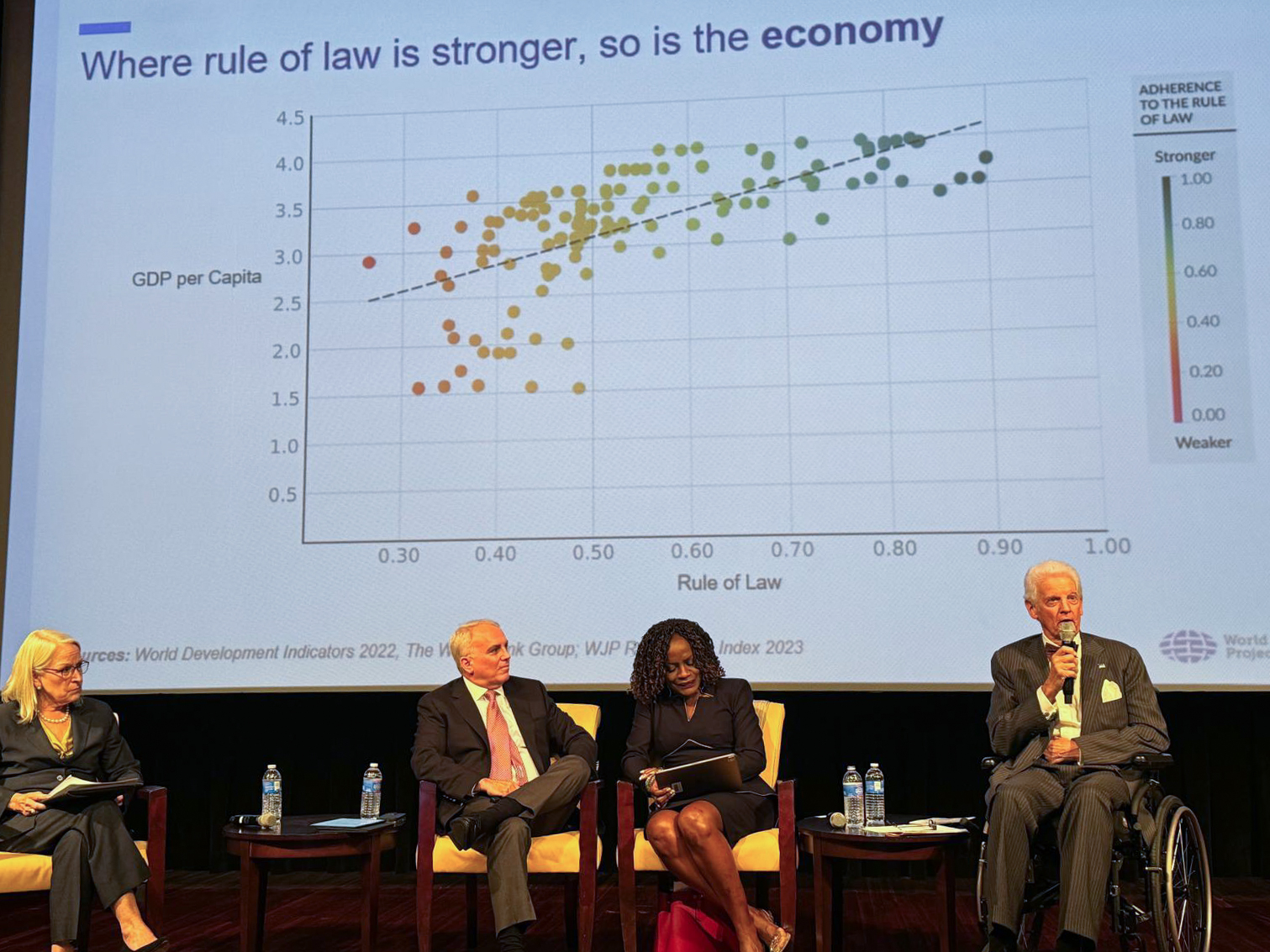
Since its founding, WJP’s novel idea to rigorously measure adherence to the rule of law around the world has made it possible to demonstrate correlations that many had long suspected. Data from the organization’s flagship World Justice Project Rule of Law Index affirms that where the rule of law is stronger, so are many economic and social outcomes, including average income levels, years of education, child survival rates, life expectancy, and peace.
Today, the Index is a trusted tool for the World Bank and other international organizations, development agencies, governments, ratings agencies, businesses, and civil society advocates around the world. They use it to identify rule of law trends, evaluate risk, and design programs that address critical gaps.
Unfortunately, WJP Rule of Law Index data also shows that since 2016 the world has been mired in a rule of law recession, largely driven by authoritarian trends and underperforming justice systems. These were among the topics explored at WJP’s 15th Anniversary Symposium on Contemporary Challenges to the Rule of Law on Sept. 30.
U.S. officials recognize challenges at home and abroad
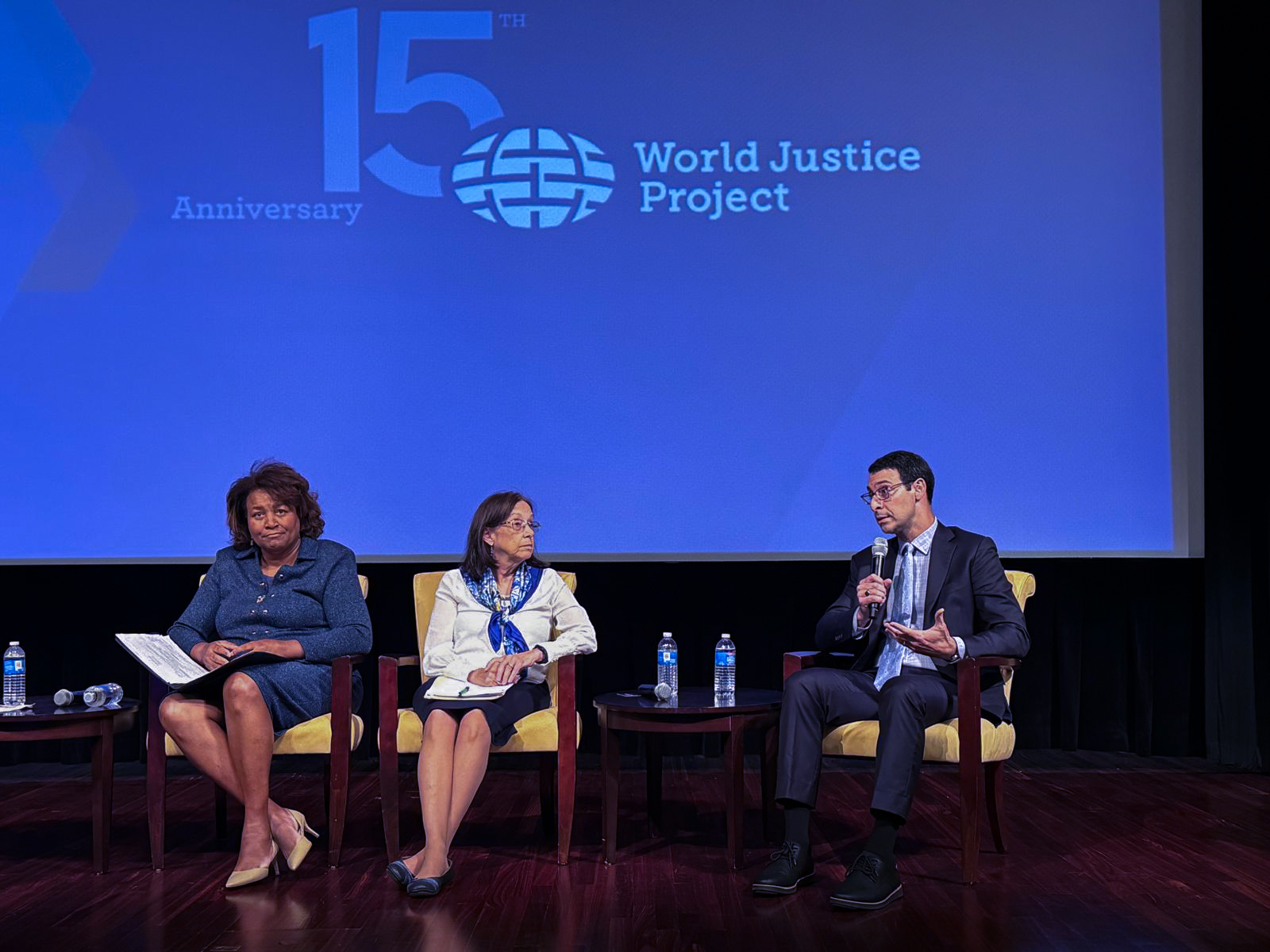
In the first panel, two U.S. justice leaders and a White House official acknowledged that judicial ethics controversies, heated polarization, foreign interference in elections, and fallout from the January 6th Capitol siege have all contributed to falling trust in institutions. And not just in the United States.
“The world was watching,” said White House Deputy Counsel and National Security Council Adviser Joshua Geltzer. “It didn’t take long for other countries to have what they describe as their own version of January 6th. Brazil comes to mind as a prominent example.”
WJP’s recent U.S. rule of law report found that leading up to the country’s 2024 election, many Americans lack trust in election officials and the courts that may ultimately determine the outcome.
“It’s worth saying: protect and defend the integrity of the election process,” said Hon. Diane P. Wood, the former chief judge of the U.S. Seventh Circuit Court of Appeals who now leads the American Law Institute. “In a world where people are skeptical about whether this is going to happen in a legitimate way, the more transparent the better.”
Speaking more broadly, Judge J. Michelle Childs of the U.S. Circuit Court of Appeals for the District of Colubmia said it is crucial that the public see judges not as activists, but as thoughtful and fair arbiters of the law. When institutions make it clear they are protecting everyone’s rights, she said, “people tend to want to participate more in the democratic process, because they’ll feel heard, they’ll be encouraged, and they'll feel like their participation is vital to advancing the rule of law.”
But the challenges are deep in a moment when Childs and other judges fear for their personal safety “just for doing our jobs,” and must consider intrusive security measures after a rise in violent attacks on judges.
Mickey Mouse and the rule of law
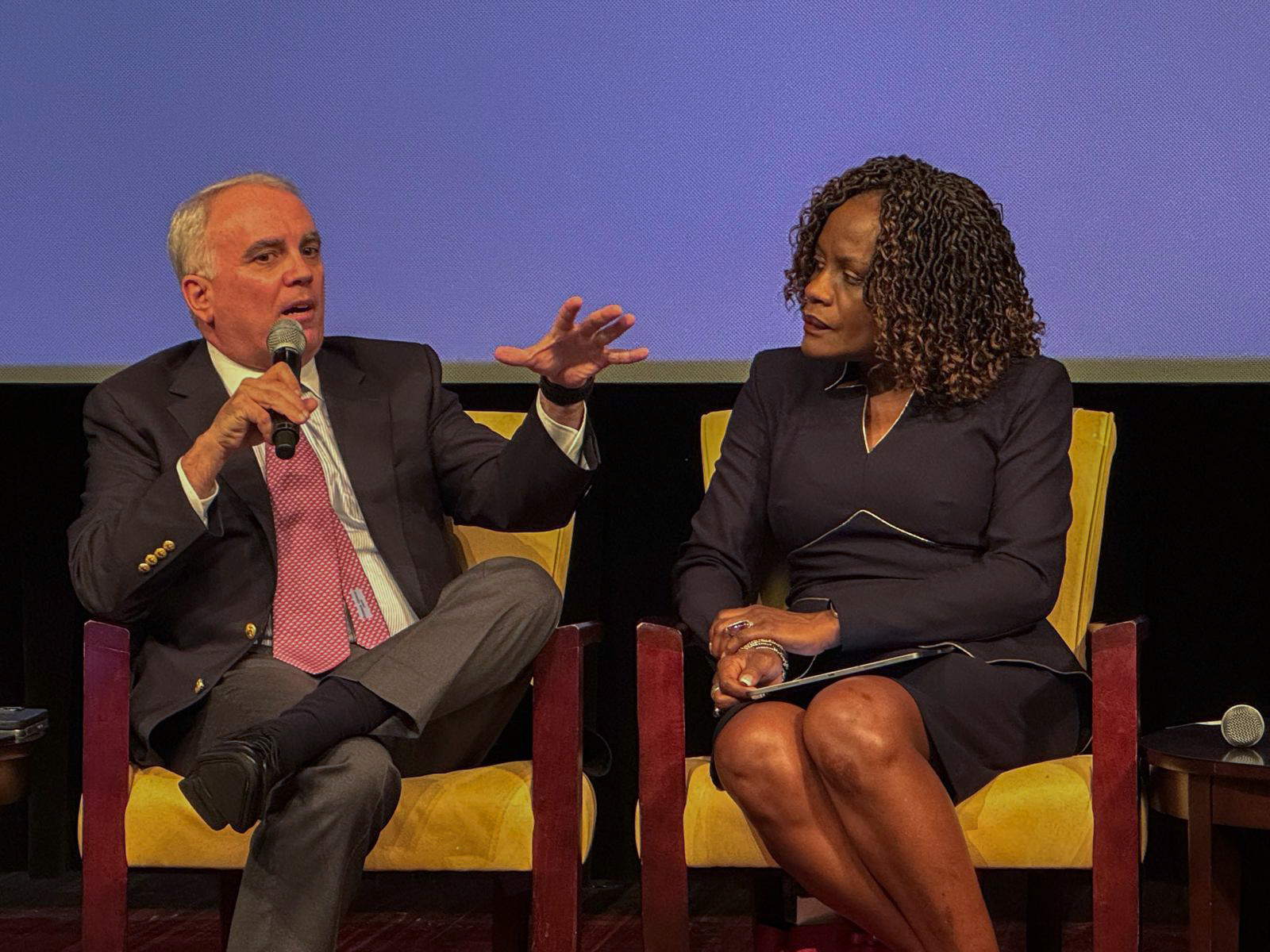
A second panel focused on the importance of the rule of law to global business and economic prosperity and included the top lawyers at the International Monetary Fund and The Walt Disney Company, both of which use the WJP Rule of Law Index to assess such factors as corruption, good governance, civic participation, and labor rights around the world.
Thanks to the rule of law, Disney now operates in over 100 countries, said chief legal officer Horacio Gutierrez.
“You know, we're called the ‘house of mouse’,” he said. “It's shorthand for a company created on the back of one character in a caricature that spawned first animation films and then an entire conglomerate of companies.”
But if it weren’t for intellectual property protections and enforcement mechanisms, he said, “the company wouldn't exist.”
Community commitment around the world
Gutierrez also honed in on one term in WJP’s rule of law definition: “community commitment.”
“It may sound like just an aspirational statement,” he said. “but the reality–in my experience, having worked and lived in many places around the world–is that it is actually fundamental that there is a commitment and an expectation by society that those rules are going to be upheld and built.”
Before the audience was invited to enjoy a reception just steps away from one of the most famous rule of law documents in the world, the 1297 edition of the Magna Carta, the symposium closed with a video.
A montage of congratulations and appreciation featured WJP partners around the world, including the Chief Justice of the Dominican Republic, the Director-General of the International Development Law Organization, the general counsel of Google, and recent winners of WJP’s World Justice Challenge.
One of them, Grace Huang of Taiwan’s Judicial Reform Foundation, wished WJP a happy birthday and summed up one of WJP’s proudest achievements across its 15 years: “Thank you for bringing together the global rule of law community!”
Watch the full WJP 15th Anniversary rule of law symposium
This event was made possible with the generous support of Google, Meta, Fredrikson, and WilmerHale and all our Private Sector Partners.







